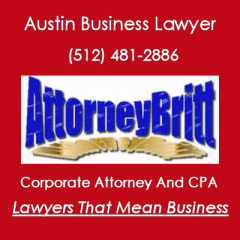Here are six important tips from the IRS for the self-employed:
- Self-Employed Taxpayers. Sole proprietors and independent contractors are two types of self-employment. Taxes can be complex for the self-employed. Check out the IRS Self Employed Individuals Tax Center.
- Estimated Tax. Self-employed taxpayers generally need to make quarterly estimated tax payments. IRS Publication 505, Tax Withholding and Estimated Tax, has details on making those payments.
- Schedule C or C-EZ. Self-employed taxpayers must file a Schedule C, Profit or Loss from Business, or Schedule C-EZ, Net Profit from Business, with their Form 1040. For expenses less than $5,000, use Schedule C-EZ. Each form’s instructions provide the rules for which form to use.
- SE Tax. For those making a profit, self-employment and income tax may need to be paid. Self-employment tax includes Social Security and Medicare taxes. Use Schedule SE, Self-Employment Tax, to figure the tax.
- Allowable Deductions. Taxpayers can deduct expenses paid to run a business that are both ordinary and necessary. An ordinary expense is one that is common and accepted in the industry. A necessary expense is one that is helpful and proper for a trade or business.
- When to Deduct. In most cases, taxpayers can deduct expenses in the year paid or incurred. Some costs must be ‘capitalized,’ however. This means deducting the cost over a number of years.
Validating Your Electronically Filed Tax Return.
Additional IRS Resources:
- Form 1040-ES, Estimated Tax for Individuals
- Publication 505, Tax Withholding and Estimated Tax
- Publication 535, Business Expenses
For help with your legal needs contact a business, tax, and health care law attorney at the offices of AttorneyBritt.
Review-Like-Follow AttorneyBritt On:


No comments:
Post a Comment